
Biden Highlights China’s Assertiveness at Quad Summit
President Joe Biden told Indo-Pacific allies at a Quad summit on Saturday that China’s increasing military assertiveness is a deliberate effort to test the region, especially as Beijing faces domestic economic challenges.
Biden’s remarks were inadvertently caught on a hot mic following opening comments from the leaders of the Quad—Australia, India, Japan, and the United States—during the summit held near his hometown in Delaware. He noted that China’s actions represent “a change in tactic, not a change in strategy.”
“China continues to behave aggressively, testing us all across the region,” Biden said, pointing to tensions in the South China Sea, East China Sea, South Asia, and the Taiwan Straits. He attributed the shift in Chinese behavior to economic pressures, particularly as China struggles with a slowdown in industrial activity and real estate following the COVID-19 pandemic.
According to Biden, Chinese President Xi Jinping seems focused on addressing domestic economic challenges while trying to minimize diplomatic tensions, all the while pursuing China’s broader regional interests aggressively.
The Quad summit comes at a time of growing concern over China’s expanding influence and military posturing. The leaders of Australia, India, Japan, and the U.S. discussed deepening cooperation among their coast guards to enhance interoperability and capabilities, though U.S. officials stopped short of confirming if these efforts would include joint transits in the contested South China Sea.
The Quad leaders expressed “serious concern” over China’s “militarization and coercive maneuvers” in the South China Sea, where Beijing has long-standing territorial disputes with several countries, including Vietnam, Malaysia, Taiwan, and Brunei. Tensions between China and the U.S. have also increased over issues like global security and trade, especially related to Taiwan and frequent clashes involving Chinese and Philippine vessels in disputed waters.
The discussions highlighted a broader concern about China’s ambitions to reunify Taiwan with the mainland. The self-governed island has been a flashpoint in U.S.-China relations, with Washington voicing consistent concerns over potential conflict in the Taiwan Strait.
Biden, along with Australian Prime Minister Anthony Albanese, Indian Prime Minister Narendra Modi, and Japanese Prime Minister Fumio Kishida, reiterated their commitment to maintaining stability in the Indo-Pacific and opposing any destabilizing activities in the region.
During the summit, Biden took a more personal tone, hosting the world leaders at his childhood school and residence in Wilmington, Delaware. The casual setting aimed to foster candid discussions among the leaders. Biden, who has sought to elevate the Quad partnership since taking office, reflected on the importance of the alliance beyond his presidency, assuring that the group would remain significant “way beyond November.”
The Quad summit, marking the fourth in-person meeting of the leaders since 2021, comes as each leader prepares for appearances at the upcoming United Nations General Assembly. The U.S.-led Quad is seen as a cornerstone of Biden’s broader Indo-Pacific strategy, as he attempts to pivot U.S. foreign policy toward this crucial region while countering China’s growing influence.
Biden also hosted separate meetings with each leader before the group talks. He and Albanese shared personal stories about their political careers, with the Australian prime minister praising Biden’s leadership. Modi, who stopped by Biden’s house before the summit, discussed economic and security concerns related to China and reflected on the Quad’s 20th anniversary, expressing his gratitude for the relaxed and warm setting of the talks.
As the leaders concluded their discussions, Biden emphasized the importance of unity and cooperation among Quad members in navigating the growing challenges posed by China’s assertive actions, while continuing to strengthen ties in the region.
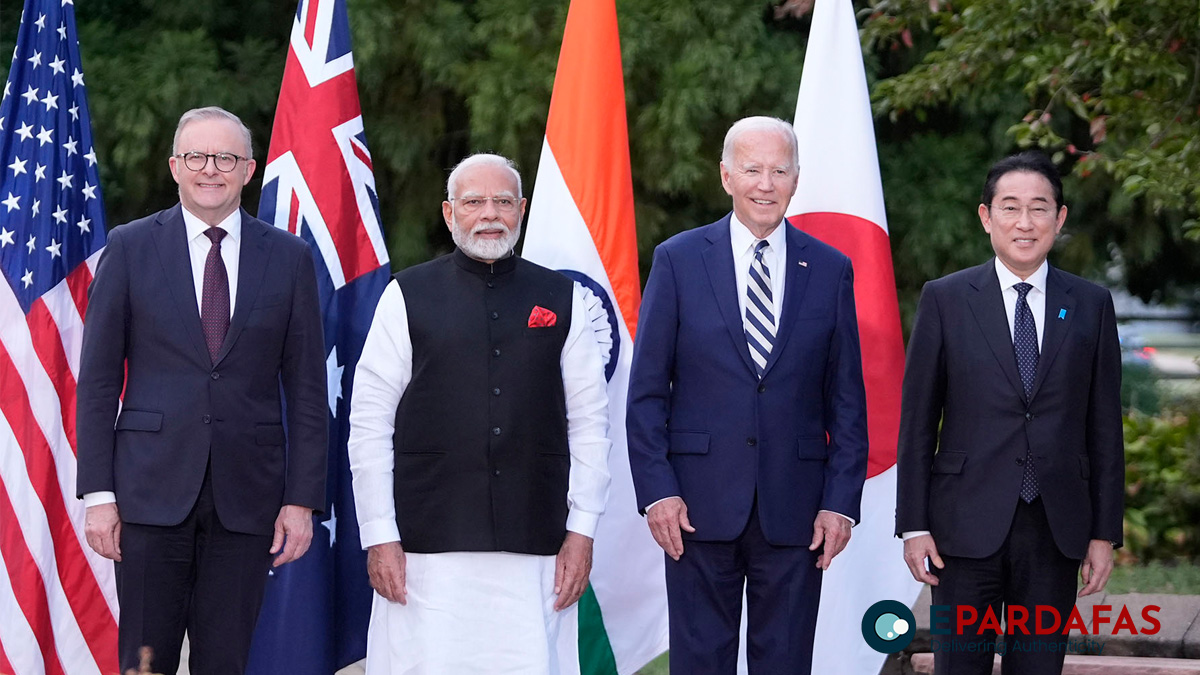
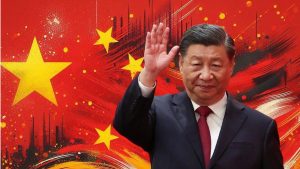




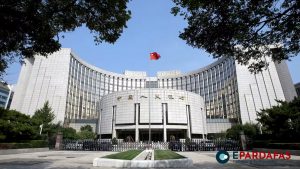
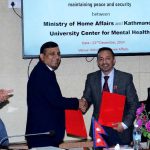
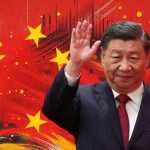



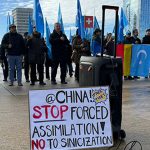
Comments